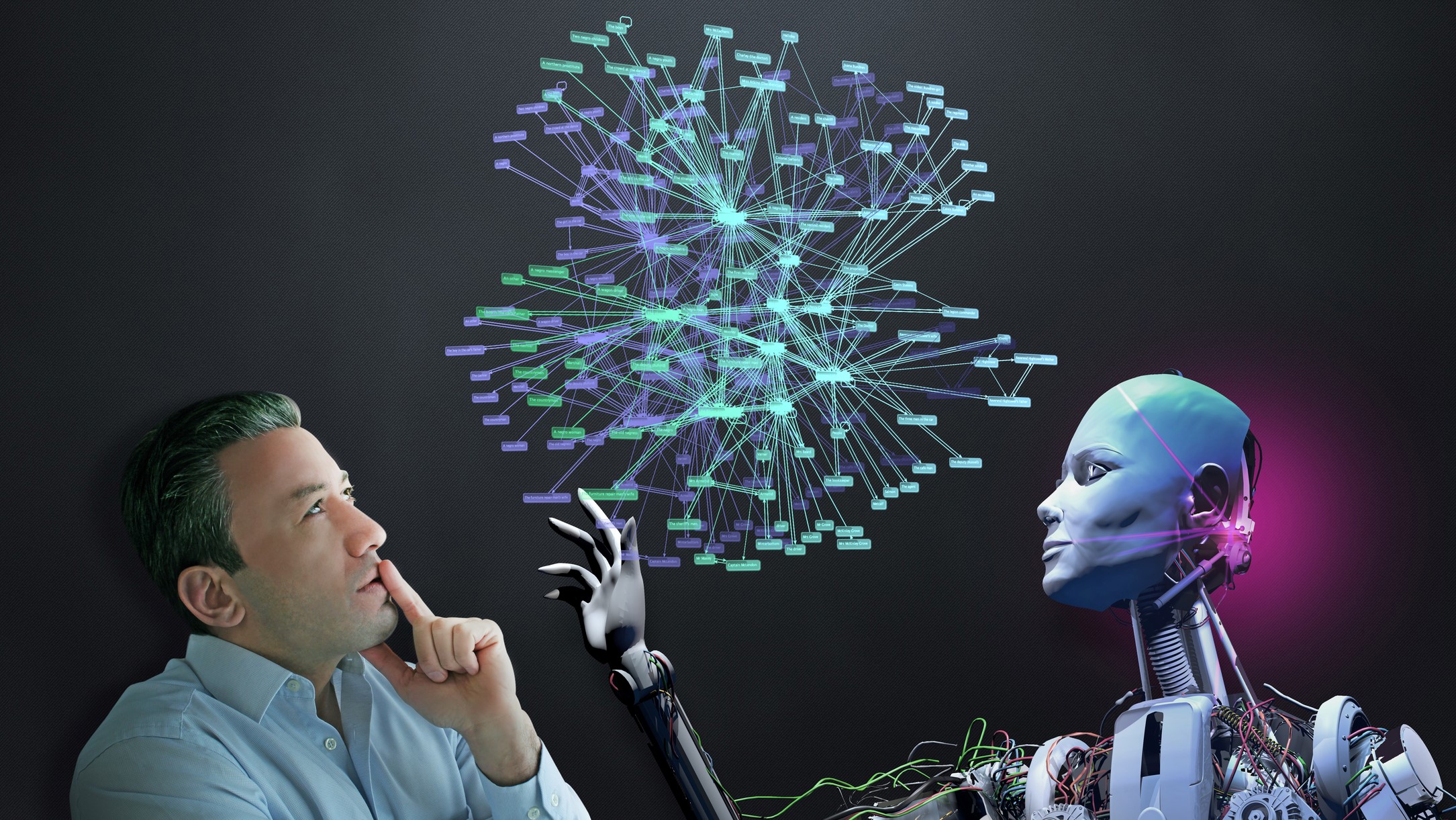AI is not here to take jobs, just to make work more meaningful
Accomplish more with AI

Many fear that AI is taking away jobs, but this notion is misguided. Recent trends show that companies are using artificial intelligence and automation to improve efficiency, reduce errors, and enhance communication among employees — not to cut workforces.
Industries ranging from retail to healthcare are deploying AI solutions that make it easier for staff members to do their jobs. Walmart is leveraging AI to predict inventory shortages, while pharmaceutical companies are enlisting IBM’s Watson to identify eligible patients for clinical trials.
Artificial intelligence can increase productivity and empower employees to avoid menial tasks. Its adaptability has led to an emergence of AI across a variety of businesses.
Information overload
A recent survey indicates that information workers spend up to a quarter of the week on recurring tasks — many of which require them to manually pull historical information and take appropriate actions. This is where AI shines, as machine learning can process large amounts of historical data, understand patterns, and provide recommendations based on past actions.
The HR sector has built AI tools to prescreen thousands of resumes and find suitable candidates for a given position based on keywords. The countless hours saved on resume review allow HR teams to instead focus on the interview process, onboarding, and other activities that involve a higher degree of mental stimulation.
Similarly, Watson Care Manager — another product of IBM’s Watson technology — automates the process of creating personalized care plans by analyzing past treatments and patient outcomes. It preserves significant time for over-extended providers while also eliminating human error.
In the legal field, Watson helps lawyers sift through more than one million legal documents per second to find relevant information for cases—a practice that previously cost new associates a third of their time to do manually, according to an IBM study.
Are you a pro? Subscribe to our newsletter
Sign up to the TechRadar Pro newsletter to get all the top news, opinion, features and guidance your business needs to succeed!

Fieldwork relief
Deskless workers face particular challenges while on the job. Often, they must answer difficult questions or make game-time decisions with little time for research. The incorporation of AI into mobile apps is helping these individuals perform at a higher level while under pressure.
In fact, about 89% of retailers plan to put mobile solutions in the hands of their store associates over the next three years, according to new research from Boston Retail Partners.
Walmart recently announced that the rollout of a suite of apps to help employees with everyday tasks. These applications will enable store associates to look up inventory in real-time, or instantly find out what products have just arrived in store.
They are also designed to streamline store operations through up-to-the-minute insights, such as enabling associates to look up when a product went out of stock as well as get assistance identifying the root cause, such as shelf capacity.
The insurance industry is building chatbots that act as digital assistants for their field agents, ensuring that they answer queries from customers accurately. The complexity of pricing and eligibility for insurance policies makes this prime territory for AI support.
Hospitality workers are also benefiting from artificial intelligence. Hotels are better able to predict and prepare for surges in bookings. Concierge desks can provide automated help for simple guest inquiries via in-room tablets, rather than needing to field every small question.
Creative freedom
AI performs numerous additional functions in the workplace. Some examples include chatbots that reduce support tickets and productivity tools that schedule meetings by analyzing attendee calendars and booking conference rooms. None of these chores are dearly missed by employees.
Essentially, artificial intelligence alleviates the burden of tasks that people dread — providing more space for meaningful projects.
Employees are freed up to be more creative and tackle complex problems thanks to AI. It operates as a complement to human intelligence, not a replacement. And it’s nothing to fear.
Praveen Kanyadi, Co-founder and VP of Products at Groupe.io
- We've also highlighted the best AI platforms for business
